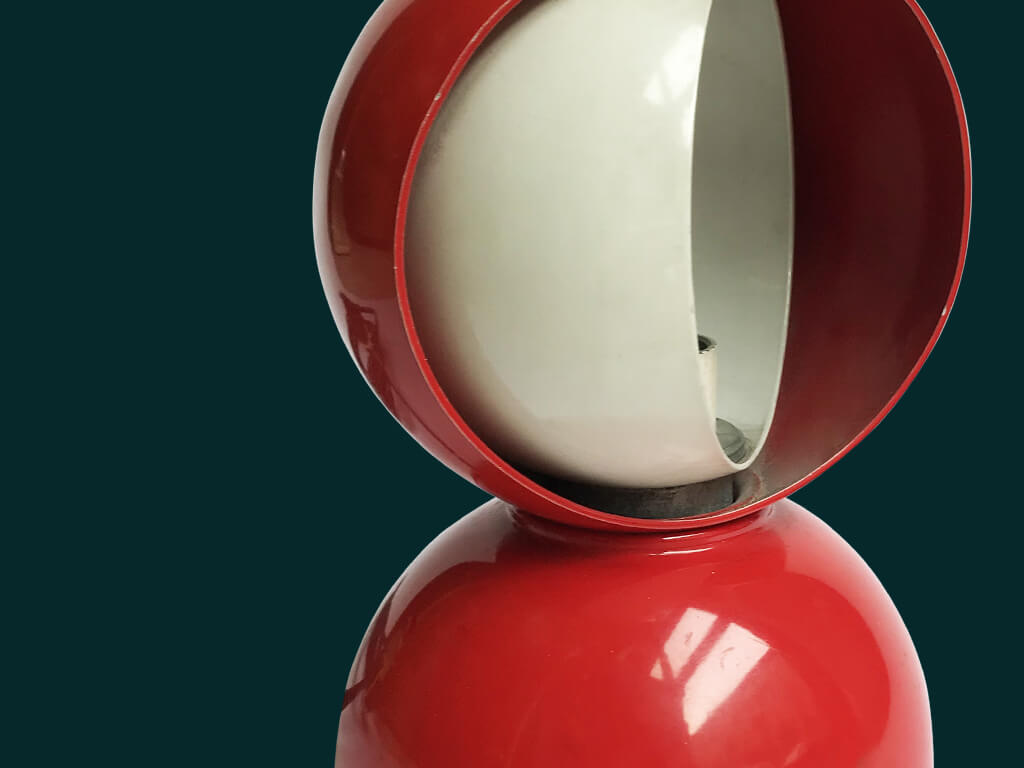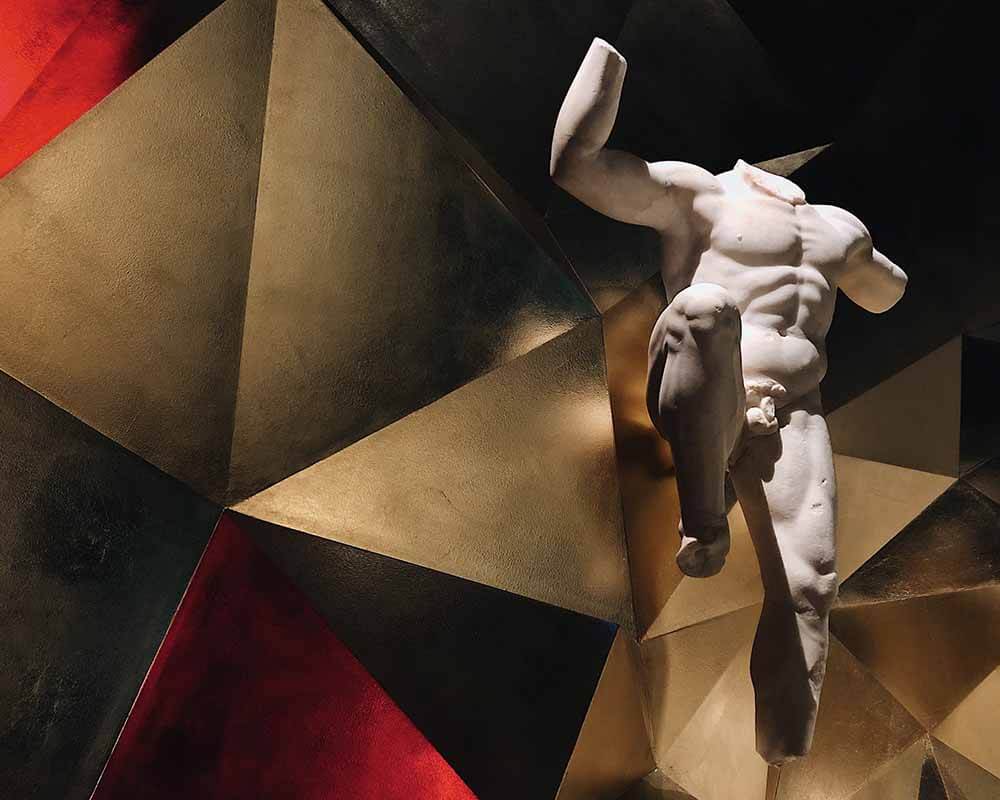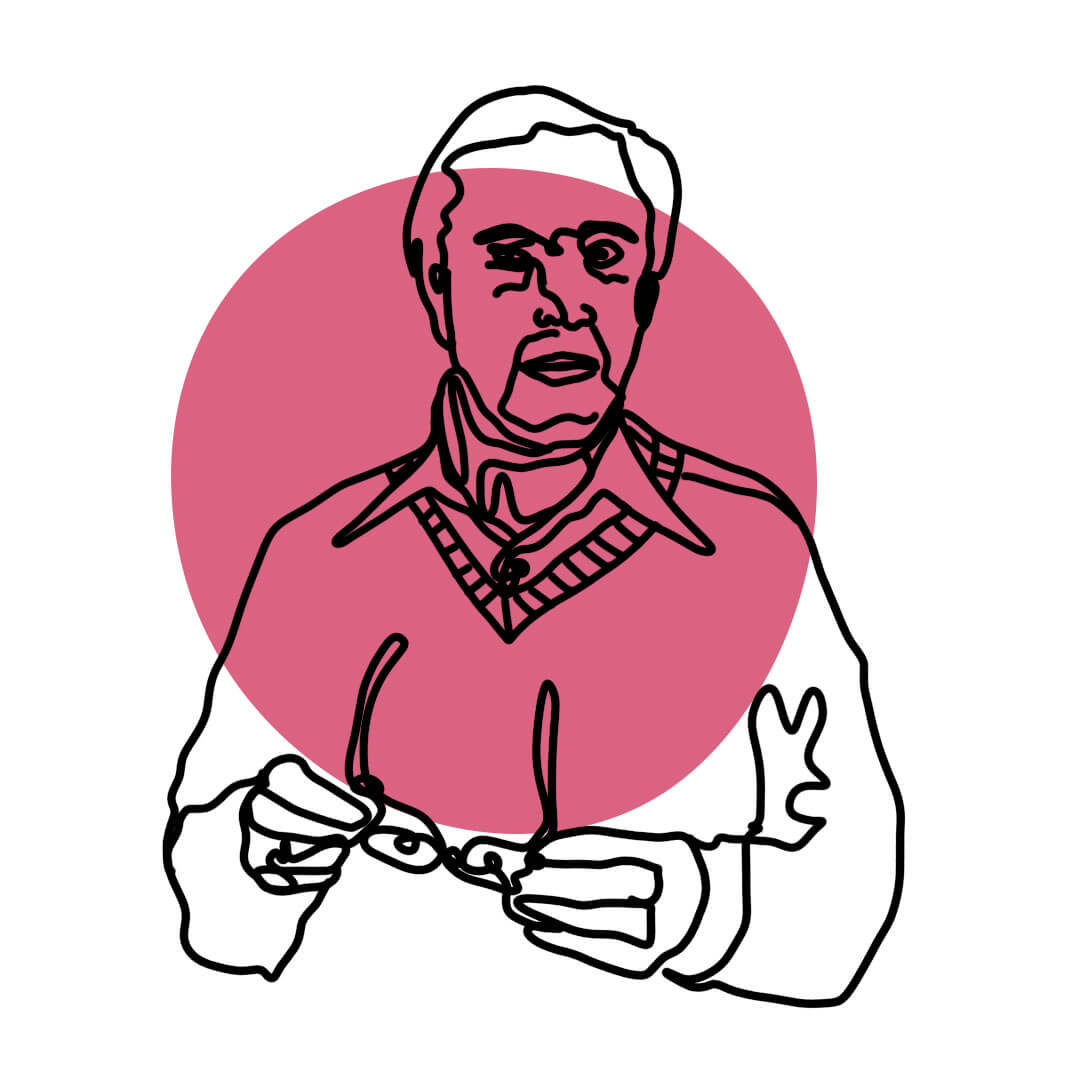The first trimester of 2025 has been a dynamic period for major auction houses, marked by significant events that reflect the evolving landscape of the art market. Notably, Sotheby's inaugural auction in Saudi Arabia and Christie's upcoming AI-generated art sale in New York have garnered considerable attention.
Sotheby's Inaugural Auction in Saudi Arabia
On February 8, 2025, Sotheby's made history with its first-ever auction in Saudi Arabia, held in the historic city of Diriyah. The event, titled "Origins," featured 117 exclusive lots encompassing contemporary art, luxury collectibles, and rare sports memorabilia. The auction achieved impressive results, totaling $17.28 million in sales.
Highlights of the auction included Fernando Botero's "Society Woman," which sold for $1 million, and Banksy's "Subject to Availability," fetching $1.2 million. René Magritte's "L'État de veille" also garnered significant attention, selling for $1.2 million. Additionally, a Michael Jordan 1998 NBA playoffs game-worn jersey achieved a remarkable $960,000.
This landmark event underscores Saudi Arabia's growing prominence in the global art market, aligning with the nation's Vision 2030 initiative to diversify its economy and promote cultural development. Sotheby's establishment of a new office in Riyadh's Al Faisaliah Tower further signifies the auction house's commitment to engaging with the Middle Eastern art community.
Christie's AI-Generated Art Auction in New York
In a pioneering move, Christie's announced "Augmented Intelligence," its first auction dedicated solely to art created with artificial intelligence. Scheduled to run from February 20 to March 5, 2025, in New York, the sale features over 20 works from artists at the intersection of art and technology, including Refik Anadol, Harold Cohen, and Holly Herndon.
The auction has sparked significant controversy. Over 3,000 artists have signed an open letter urging Christie's to cancel the event, expressing concerns that AI-generated artworks may exploit human artists' creations without permission. Critics argue that AI companies often train their models using copyrighted works without consent, potentially undermining artists' livelihoods.
In response, Christie's emphasized that the featured AI-enhanced works are by established artists who use AI to augment their creative processes. The auction house maintains that the AI utilized was trained on the artists' own inputs, aiming to explore the evolving relationship between art and technology.
Future Strategies of Auction Houses
These events highlight the adaptive strategies of major auction houses as they navigate the evolving art market. By expanding into emerging markets like Saudi Arabia and embracing technological advancements such as AI-generated art, auction houses are positioning themselves to engage with a broader, more diverse audience. This approach reflects a commitment to innovation while honoring traditional art forms, ensuring their continued relevance in a rapidly changing cultural landscape.
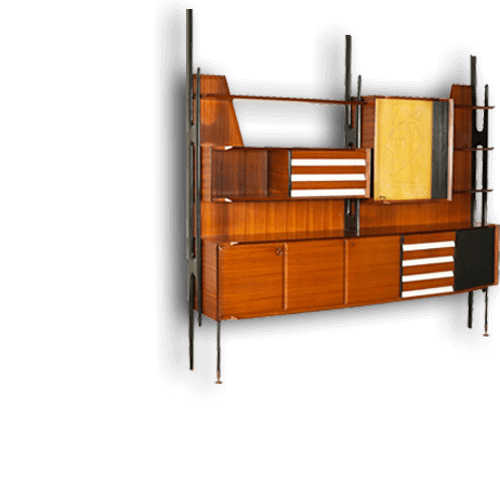
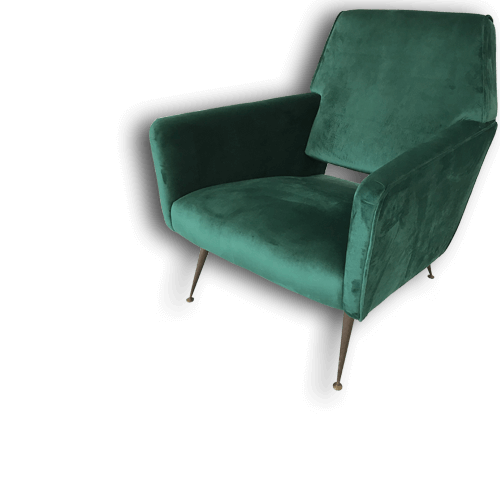



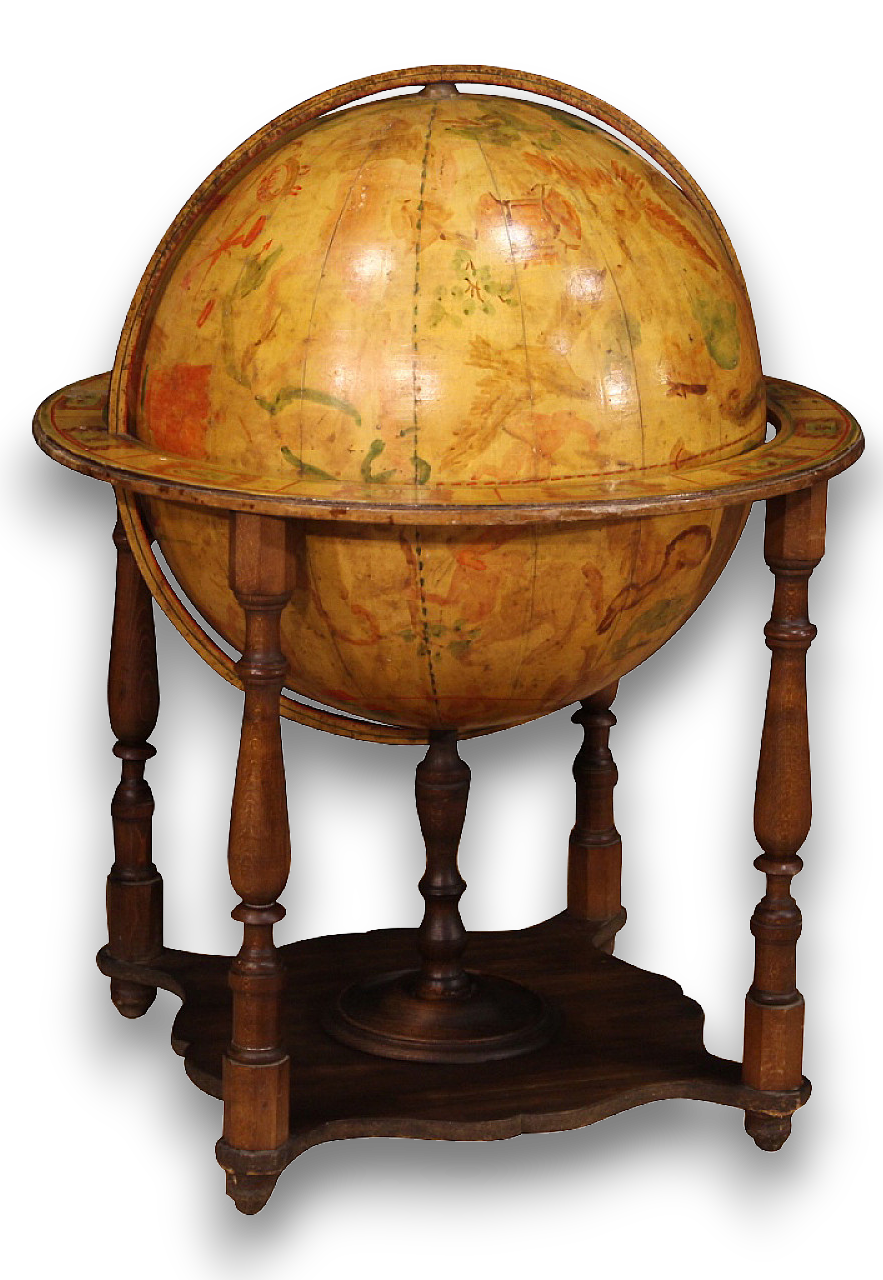
.png)

